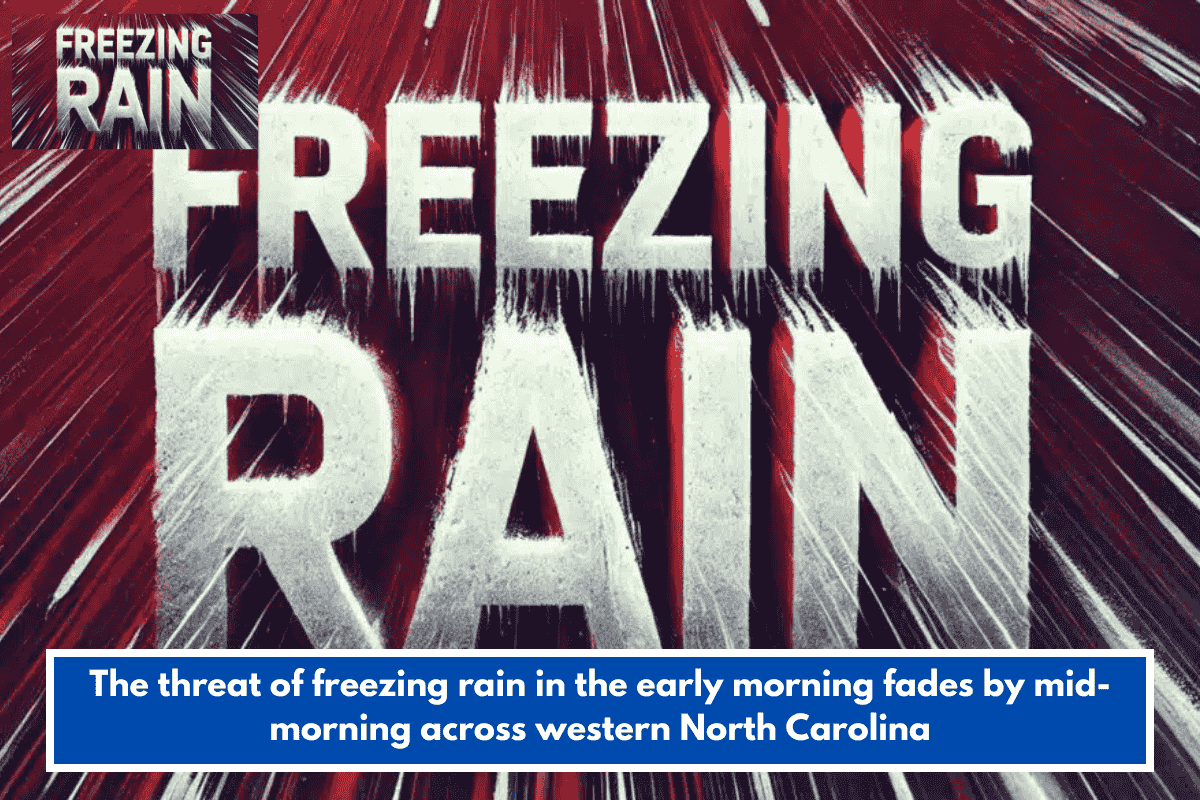In a move that’s expected to significantly improve firefighter wellness and recovery, the Charleston Fire Department has officially implemented a new work schedule known as the 1323 schedule, replacing the long-standing 24/48 shift format. This major change, years in the making, is being praised as a step forward for both firefighter health and service efficiency.
What Is the New 1323 Schedule?
Previously, Charleston firefighters followed a 24/48 schedule—working a full 24-hour shift followed by 48 hours off. While this schedule has been standard in many fire departments, it leaves firefighters with limited time to rest and recover.
Under the new 1323 model, firefighters will work:
- One day on,
- Followed by three days off,
- Then two days on,
- And again three days off.
This gives firefighters 72 hours of recovery time between tours, compared to the 48 hours they previously had. Though they are still working 56 hours per week, union leaders say the longer rest periods make a significant difference.
Why the Change Matters
John Baker, President of the Charleston Firefighters Association, Local 61, has been leading the push for this schedule change for over two years. He says the 1323 schedule meets in the middle of what firefighters wanted—balancing rest and operational readiness.
“There’s really no time for recovery on the 24/48. This new schedule gives us 35% more opportunity to wake up at home, which impacts mental health, physical recovery, and family life,” said Baker.
Firefighters, often waking up as early as 4 or 5 a.m. for shift changes, frequently return home exhausted. The added rest days are expected to help them be more alert, reduce burnout, and better support their personal lives and responsibilities.
High Support from Firefighters
According to Baker, 81% of Charleston firefighters voted in favor of the change. While some departments have adopted a more extreme 48/96 schedule (two days on, four off), the 1323 model offered a middle ground that earned wide approval across the department.
“It’s not perfect, but it’s progress,” said Baker, who views this as the foundation for a larger push toward a 42-hour work week—a standard many fire departments along the Eastern seaboard are now aiming for.
Still a 56-Hour Week—For Now
Despite the shift pattern change, the total weekly work hours remain at 56, a point Baker says the union is still working to reduce.
“Cutting hours would improve quality of life, reduce cancer risks, and support mental health, which are major concerns in fire service today,” he explained.
A Model for Others
Charleston is now the first department in South Carolina to adopt the 1323 schedule, and the move is already influencing others. The Mount Pleasant Fire Department switched over the same weekend, with help from Local 61.
Since the change, Baker says they’ve been fielding calls from departments in North Carolina, Texas, Louisiana, and Kentucky, all asking for guidance on implementing the same model.
“It’s humbling,” Baker said. “But that’s what the International Association of Firefighters is all about—helping each other, no matter the state or department.”
The schedule itself, often referred to as the Portland 1323, originally comes from West Coast departments. Charleston’s adoption gives credit where it’s due, while becoming a new leader in work-life improvements for firefighters in the Southeast.
The Charleston Fire Department’s shift to the 1323 schedule marks a meaningful step forward in firefighter health, recovery, and overall quality of life. While the hours remain long, the structure of this new schedule reflects a modern, thoughtful approach to the demands of emergency services. With departments across the country watching closely, Charleston may be setting a new standard for the future of fire service work schedules.













